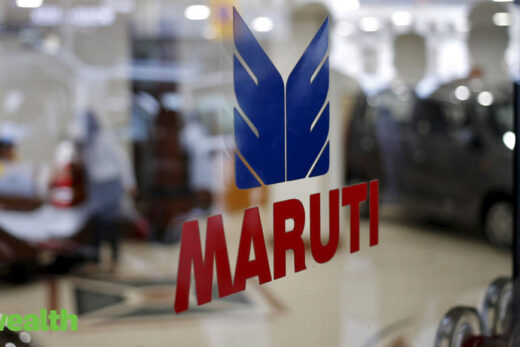Analysts said the private lender’s disclosed stressed pool remains high, even as signs of improvement become visible. They remained cautious on the incremental stress on the corporate book and pegged their price targets in the Rs 12-16 range.
ICICI Securities said the huge quarterly loss manifests aggravated fear about asset quality pangs post the disclosed stress pool, including standstill non-performing assets, SMA-2 (principal or interest payment overdue between 61 and 90 days) and restructuring of around 18 per cent of customer assets.
The bank’s corporate NPAs now stand at 26.4 per cent as a result of lower collections. While the private lender sounded optimistic about delivering profit in the near term, Nirmal Bang Securities remains sceptical.
“Given the inherent weak quality of the loan book from the previous regime, we think the collective pool of restructured assets and SMA accounts could act as a significant source of further slippages in FY22. Accordingly, we have increased our credit cost estimates and expect the bank to report a net loss of Rs 850 crore in FY22,” the brokerage said, and set a price target of Rs 12 on the stock.
In Edelweiss’ words, despite the bank’s capital raise and deposit traction, asset quality remains “a problem of unknown size.” The brokerage said uncertainty around incremental corporate book stress, selling restrictions on private banks and the management reshuffle preclude any meaningful assessment of business direction and residual net worth valuation.
Analysts said improving recoveries and resolutions could be a challenge for the bank, given that the ongoing second wave of Covid is creating mobility and operational hazards.
Writeoffs, Nirmal Bang, said would continue to remain a preferred strategy to reduce absolute stress. In FY21, write-offs accounted for 88 per cent of total reductions, it said, while noting that the RBI recently rejected YES Bank’s application to set up an ARC.
Over the weekend, the private lender said it would not sell any bad loans to the newly proposed National Asset Reconstruction Company (NARC), as it will be able to recover more than the bad debt aggregator.
ICICI Securities said the bank’s priority for rebuilding the trust in franchise, focus on granular advance growth and improving CASA ratio was reflected in the March quarter as well, but believes Covid resurgence-led further stress, lock-in of shares and lower float are lifting the stock’s value beyond fundamentals.
During the March quarter, YES’ provisions rose 7.5 per cent on-year to Rs 5,240 crore. On a sequential basis, provisions shot up 138 per cent. Net interest income dropped 22.5 per cent on-year to Rs 987 crore, while non-interest income jumped 37 per cent to Rs 816 crore.
The lender’s asset quality in the quarter took a hit as its gross non-performing assets ratio rose to 15.4 per cent from 15.36 per cent in the previous quarter.
Kotak Securities said while challenges remain for the bank, a remarkable recovery in deposit mobilisation in a short span was a positive. Kotak said despite losing credibility in the past few years, the bank rebuilt its reputation and reported a 33 per cent jump in retail term deposits and 60 per cent growth in corporate term deposits and 50 per cent growth in CASA in FY21. In addition, the bank has a high coverage ratio of 75 per cent on non-performing loans (NPL) and 60 per cent on all stress.
That said, “the bank is still looking to compete in segments where the large banks have built a strong franchise which implies that the return ratios, even if they do recover, would still be weaker than that of peers. Also, even if you do see recovery in return ratios, we find valuations are not inexpensive to take a more constructive view, given that any of the above challenges could persist for a much longer period than envisaged,” Kotak said.
The brokerage has a ‘sell’ rating on the stock with a target of Rs 12.



